How to beat the snooze cycle this winter
Wake up and get up
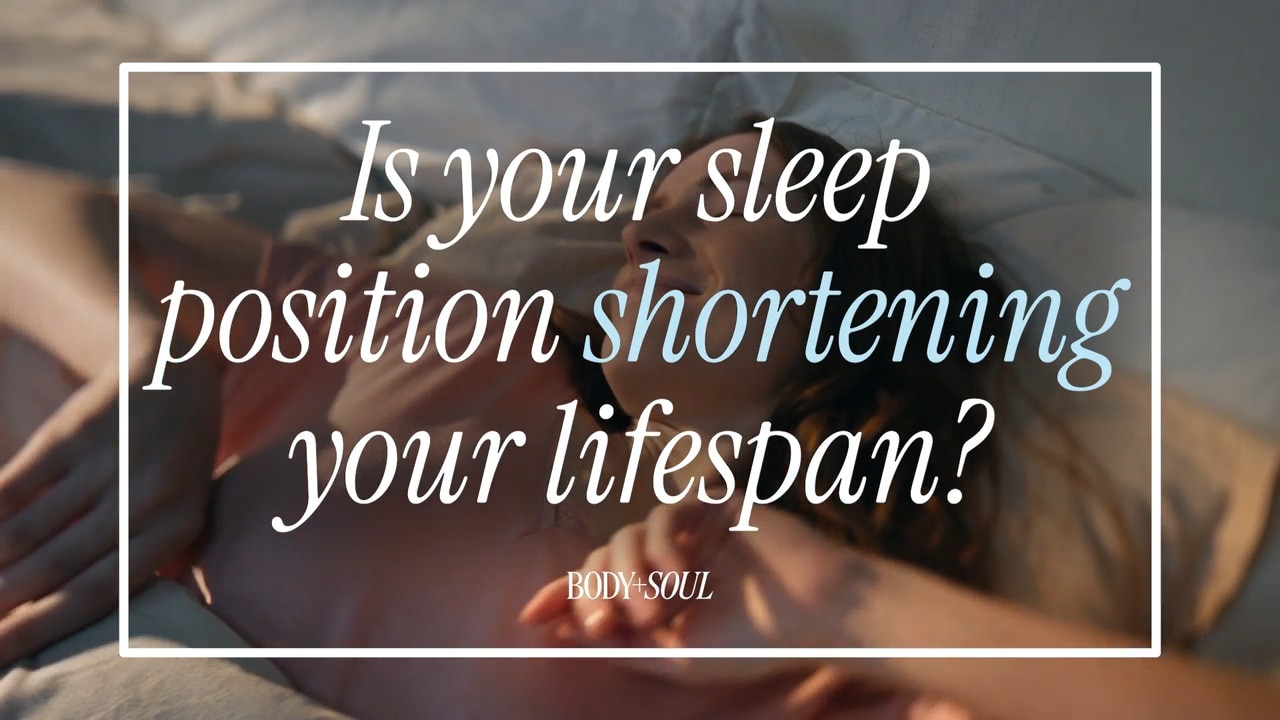
Lifestyle
Don't miss out on the headlines from Lifestyle. Followed categories will be added to My News.
The snooze button quickly becomes our best friend as winter mornings get colder, but putting off our wake up could leave us feeling worse for wear.
It’s easy to fall into the trap of hitting the snooze button for the first half an hour of your morning when the cold weather makes it so hard to get out of bed.
No matter how wide awake I am at the time of my first alarm, I’ll press snooze on my phone until I wake up feeling more tired than I did at first wake.
So why do we feel worse when we don’t wake up with our first alarm? And how do we beat the snooze cycle to make the most of the Winter mornings?
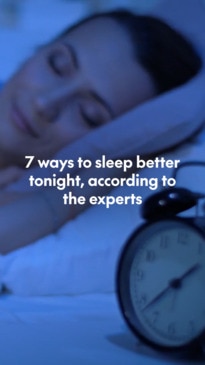
Why we need to stop hitting snooze
Routine is crucial for good sleep. People who go to bed and wake up at the same time every day get better quality sleep, boosting their chances of waking up actually feeling well-rested.
Regularly hitting snooze can throw off your circadian rhythm, not only impacting your quality of rest, but also your metabolism, hormones, mood, appetite and brain function.
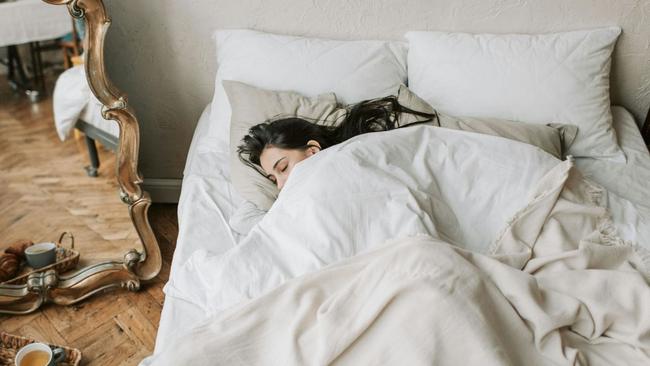
While it’s unlikely you’ll fall back into the restorative REM sleep after hitting snooze, even falling into a lighter sleep can leave you waking up feeling foggy and less refreshed than you would have felt when you first woke up.
Even just having the urge to hit snooze can indicate some health issues too.
Speaking to Health, Duke University Health’s professor of child neurology and sleep medicine, Sunjay Kansagra said, “The fact that you need an alarm in and of itself tells you that you’re probably skimping on the amount of sleep your body needs”.
“If you feel so sleepy that you need to hit the snooze button, that’s another sign that tells you that you are probably skimping [on sleep] much more than you should.”
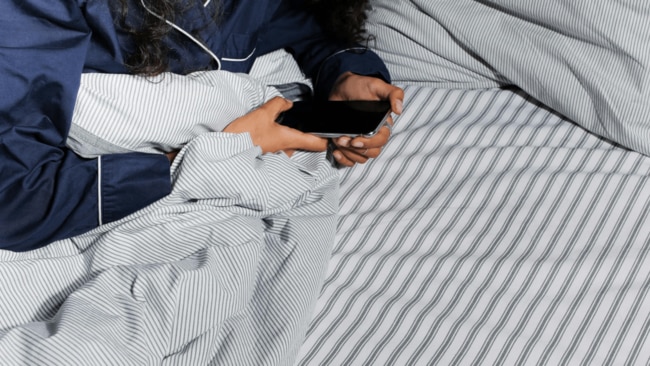
5 ways to beat the snooze cycle
Get rid of your seven alarms
By only setting one alarm, you’re taking away the option to snooze or prolong your wake up, so you have no choice but to get up.
Get your alarm out of arm's reach
No matter how many times you tell yourself you’re going to stop snoozing your alarm, if you know you have a little extra time in the morning, it’s pretty likely you’re going to prioritise a few more minutes of cozy warmth under the quilt over starting the day.
Just moving your phone, clock, or whatever your alarm’s on out of arm’s reach can force you to get out of bed.
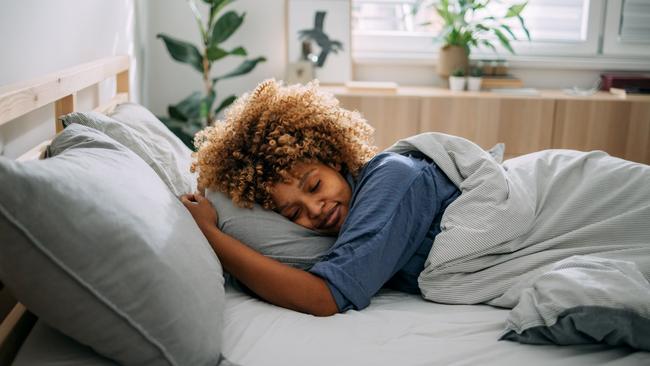
Let the light in
Even when it’s overcast, light exposure can help regulate your body clock and signal your brain to release cortisol to help you start your day energised.
If you wake up before the sun’s up, Dr Daniel Barone, the associate medical director of the Weill Cornell Center for Sleep Medicine, told The New York Times that artificial light can still be useful.
A sunrise alarm clock with gradually building light can be a great option if you don’t want to immediately turn on the big light in your room.
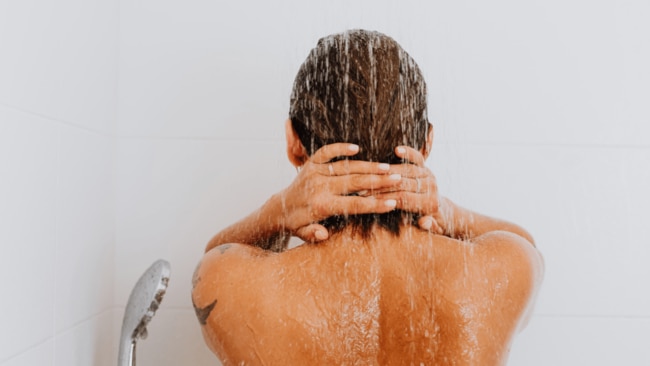
Wake up with music
According to the Sleep Foundation, ‘melodic music follows predictable patterns, which makes them easy to hum or sing along to and might be more stimulating to wake up with.’
So if your jarring default alarm tone leaves you less than eager to get out of bed, it’s a good idea to try out different music to energise your morning.
Have a hot to cold shower
Some studies suggest that switching the water to cold at the end of your warm morning shower can provide an energy boost.
Not all of us are ready to have a quick rinse of cold water on a winter’s morning, so this one may not be for everyone, but it’s worth a try.
More Coverage
Originally published as How to beat the snooze cycle this winter





